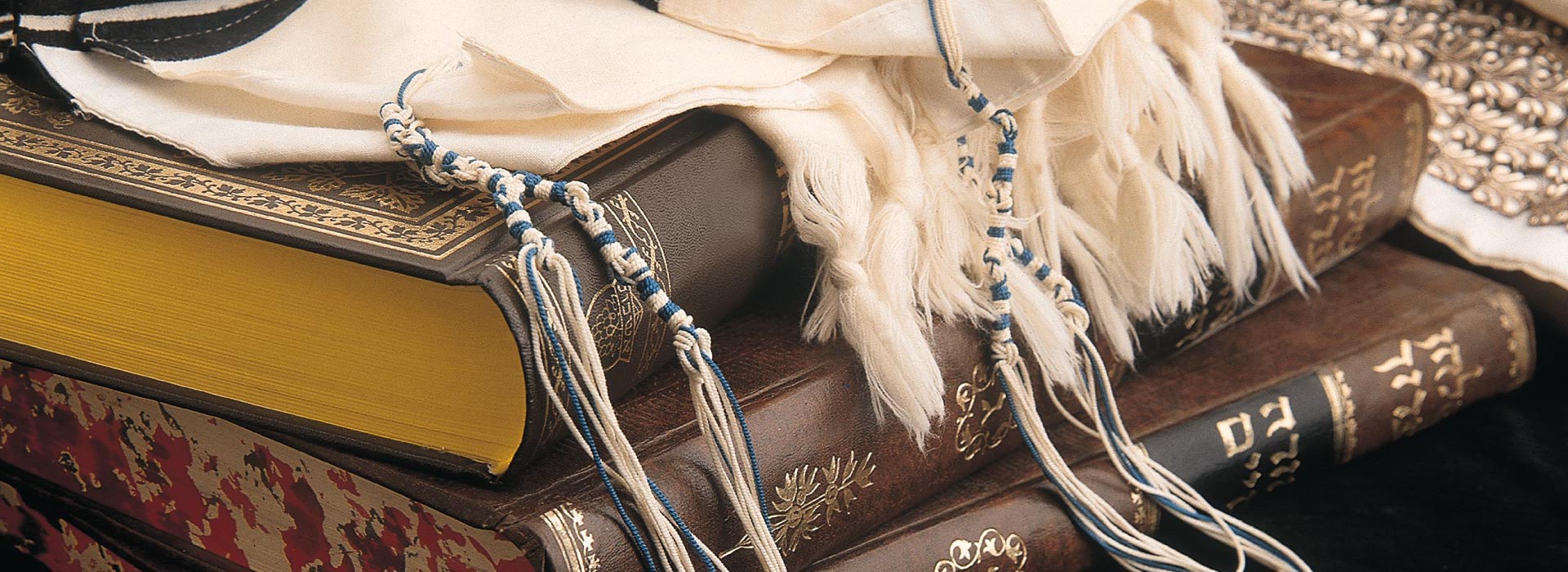Most human communities organize their time. They distinguish between ordinary time and special hours, days, months and years. The rhythm created by this organization of time tells us many things about the community that lives according to this rhythm. How do Christians organize and mark time? The answer to this question is an important element in understanding who Christians are, what is important in their lives and where they come from. The Christian year is full of times of commemoration and times of celebration.
There is a great diversity among Christians (Eastern, Orthodox, Catholic and Protestant being the four major groupings). In the Holy Land, most Christians follow the Byzantine tradition (Greek Orthodox or Greek Catholic). Another large group are the Roman Catholics (or Latins). There are also groups of Eastern rite Christians, including Armenians (Orthodox and Catholic), Syrians (Orthodox and Catholic), Copts and Ethiopians. The Maronites are all Catholics but follow their own rite and calendar. In addition there are communities of Anglicans (Episcopalians) and other Protestant and Reform Churches (including Lutherans, Calvinists, Presbyterians, Baptists, etc) as well as Evangelical Churches (Pentacostalists, Assemblies of God, etc).
Each Christian group has its own traditions and understanding, which influence how it marks the important times of the year. There are Christian calendars that are full of celebrations and commemorations and those that are much more sober, saving the definition of a “holy day” for only the most sacred occasions. However, the two major feasts (Easter and Christmas) are at the center of the calendar for all Christians even if each group has its specific way of commemorating the events remembered.
The roots of the Christian feasts and liturgical celebrations are undoubtedly Jewish (as is much else in Christian faith and practice). Jesus of Nazareth and the early Church followed the calendar of the Old Testament, celebrating the hours, times and seasons outlined in many important Old Testament texts (cf. Exodus 23:10-17, Leviticus 23:1-44, Numbers 28:1-40, Deuteronomy 16:1-17). The most important aspects of the Jewish calendar at the time of Jesus were the following:
– The weekly celebration of the Sabbath – recalling the seventh day of God’s rest after the completion of Creation. The human person is called to rest too, signifying that he or she is born to be free and not a slave (thus linking the Sabbath with the Exodus from Egypt). In recent years, many Christians are rediscovering the importance of the Sabbath.
– The yearly celebration of three pilgrimage festivals, when all the people made their way to Jerusalem to offer sacrifices, mark the agricultural cycles and remember God’s acts in history. The first of these was the Passover – recalling God’s saving the people of Israel from the hands of the Egyptians, bringing them out of slavery into freedom. This feast fell in the spring and reminded the people of new life after winter. The second festival was the Feast of Weeks, seven weeks after Passover – recalling the first fruits. Later Rabbinic tradition would link this feast with the giving of the Torah at Sinai. The third feast was the Feast of Tabernacles – celebrating the last in gathering of the harvest and recalling the period of forty years that Israel spent living in booths in the Wilderness after having come out of Egypt and before entering the Promised Land.
– The yearly commemoration of a solemn day of sacrifice for sin accompanied by fasting and repentance known as the Day of Atonement. The elaborate rituals for this day are described in Leviticus 16 and include the ceremony of the scapegoat, sent into the Wilderness, bearing the sins of the people.
In the Gospels that tell of the life of Jesus there are numerous accounts of Jesus’observance of these sacred times. Jesus went to the synagogues on Sabbath (cf. Mark 1:21, 3:1, Luke 4:16, 6:6, 13:10) and made the pilgrimage to Jerusalem on the yearly feast days (cf. Luke 2:41, 14:12). The Gospel of St John is particularly insistent on Jesus’ celebration of the Jewish feasts; he went to Jerusalem on Passover (2:13, 6:4, 13:1), Tabernacles (7:2), the feast of the Dedication (Hannukah) (10:22), etc. This respect for the Jewish calendar continued in the earliest Christian communities (cf. Acts 13:14, 18:4) before the clear separation between Judaism and Christianity and the development of a characteristically Christian calendar.




